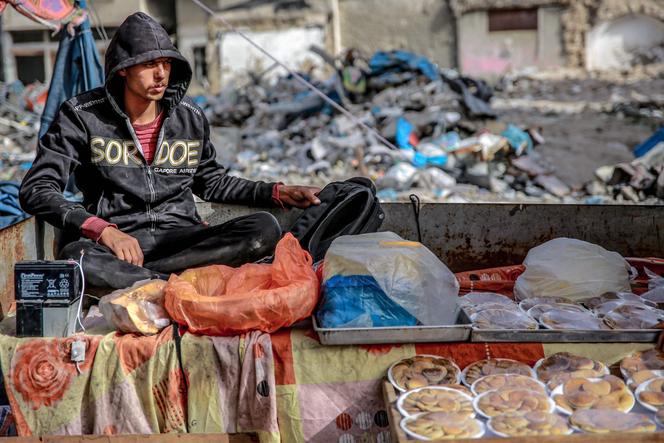


Since the January 26 order, in which the judges of the International Court of Justice (ICJ) warned of a "risk" of genocide and urged Israel not to commit genocidal acts, "the catastrophic living conditions of the Palestinians in the Gaza Strip have deteriorated further," said the judges of the United Nations highest court in a new order issued on Thursday, March 28. Their decision follows a request from South Africa filed at the beginning of the month in The Hague, the second procedure initiated by Pretoria before the ICJ. The first, in December 2023, accused Israel of violating the Convention on the Prevention and Punishment of Genocide.
The judges pointed out that since their first order, the Israeli operation has resulted in over 6,600 deaths and almost 11,000 additional injuries. They noted that "Palestinians in Gaza are no longer facing only a risk of famine (...) but that famine is setting in." Based on a joint report by UN agencies, the organization's secretary general, Antonio Guterres, stated on March 18 that "Palestinians in Gaza are enduring appalling levels of hunger and suffering." Guterres denounced "an entirely manmade disaster."
However, on January 26, the judges ordered Israel to refrain from committing genocidal acts, such as intentionally subjecting the Palestinians of Gaza to "conditions of life calculated to bring about its physical destruction in whole or in part." The judges are again ordering Israel "to ensure, without delay, in full cooperation with the United Nations, the unhindered provision at scale by all concerned of urgently needed basic services and humanitarian assistance," including water, food and electricity. To this end, Israel must urgently "increase the capacity and number of land crossing points and maintain them open for as long as necessary," said the judges.
In response to Pretoria's denunciation of a "genocidal starvation," Israel gave assurances in mid-March that it would support Palestinian access to humanitarian aid by opening up new sea and air links to the Gaza Strip. But for the judges, "there is no substitute for land routes and entry points from Israel into Gaza to ensure the effective and efficient delivery of food, water, medical and humanitarian assistance."
In their 16-page order, the judges did not order a ceasefire, but they did echo reports from UN agencies that the entry of humanitarian aid requires the suspension of military operations initiated by Israel on October 8, 2023, following the Hamas attack in southern Israel.
You have 29.49% of this article left to read. The rest is for subscribers only.
